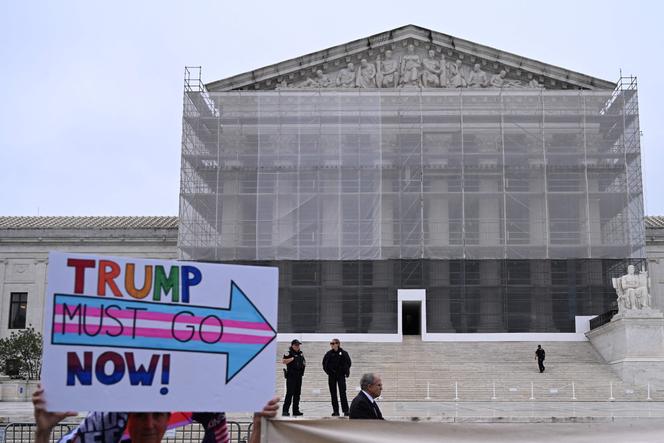

On June 27, the conservative justices of the US Supreme Court handed Donald Trump a political victory, which he loudly celebrated. By restricting federal judges' power to suspend executive orders, the Supreme Court chose to rule against the broader judiciary, of which it is the highest authority. This judicial deference follows that of Congress, where Republican majorities in both the Senate and the House of Representatives had already relinquished much of their authority in the face of Trump.
It is hardly debatable that universal injunctions, which allow a single federal judge to block a presidential order, have always been seen as excessive by the party occupying the White House. The six conservative justices – who in their ruling denounced what they considered an abuse of power, over the objections of the three progressive justices – found nothing to object to when these injunctions targeted orders signed by Democrat Joe Biden between 2021 to 2025.
This clear bias is compounded by the context. The Supreme Court had been asked to review the legality of an order abolishing jus soli – the right to citizenship by birthplace – which clearly violates the 14th Amendment of the Constitution. Rather than ruling on substance, which would have been uncomfortable for the Trump administration, the Court chose to focus on procedure. While it maintained a path for legal challenges by ruling that such an order cannot take immediate effect, allowing for class action suits, this evasive tactic, in addition to the chaos it could create depending on the political leanings of each state, risks further damaging an already tarnished reputation.
Even before the July 1, 2024, decision granting Trump broad immunity for actions taken during his first term, the conservative majority had consistently worked to strengthen executive power. The new leeway given to the Republican president to dismiss federal agency heads without just cause – except for the Federal Reserve – confirmed this intent.
It is troubling that this effort to roll back the American system of checks and balances, especially those added to the US institutional framework following the excesses of Republican President Richard Nixon, coincides with Trump's return to power. From his baseless and outrageous challenge of the 2020 presidential election results to the astonishing hoarding of classified documents at his private residence after his ignominious departure from office, Trump has amply demonstrated his disregard for norms and the law. , the decree overturning jus soli, introduced into the US Constitution in 1868, provided fresh evidence of this contempt.

It is, unfortunately, likely that this increase in presidential power will outlast the next change of administration. As long as Congress remains paralyzed by division, it is unlikely that a Democratic president would willingly give up these expanded powers. It is therefore regrettable that a political movement that champions a return to "American greatness" should so trample its own institutional heritage. The US has nothing to gain from this.
Translation of an original article published in French on lemonde.fr; the publisher may only be liable for the French version.
